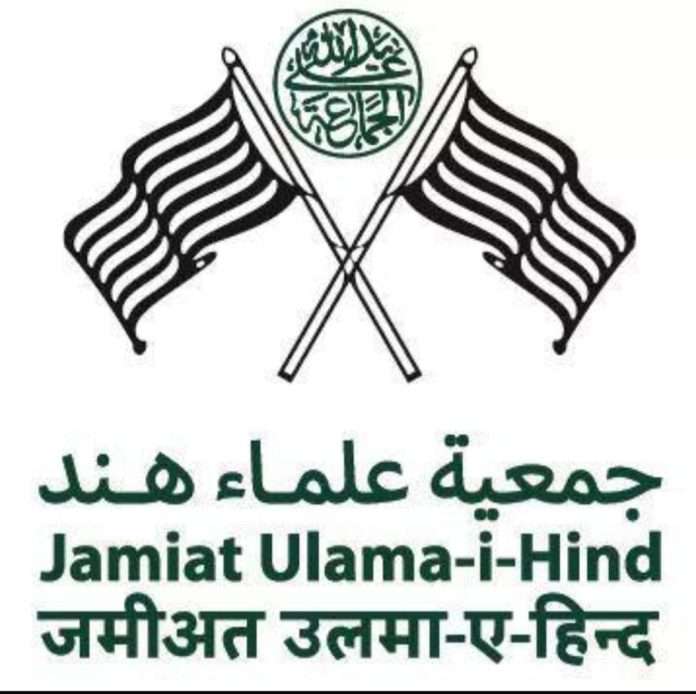New Delhi, August 9, 2024: The Jamiat Ulama-i-Hind(M) has expressed deep concern over the proposed amendments to the Waqf Act, warning that these changes could severely impact the preservation of Waqf properties. The organization stated that the amendments, introduced in Parliament yesterday, would undermine the divine ownership of Waqf properties by granting excessive powers to government agencies, leading to unwarranted interference.
In a statement, Jamiat President Maulana Mahmood Asa’d Madani criticized the proposal to abolish Section 40 of the Waqf Act and to give district collectors the authority to resolve disputes related to Waqf property titles and possession under revenue laws, rather than Waqf Tribunals.
“It is astonishing,” Maulana Madani remarked, “that if the government holds possession of a land, the decision of its ownership will also be made by the collector, who is a government representative. In such scenario, both the judge and the plaintiff will be the government itself.”
He suggested that communal elements with impure intentions have influenced the current government to push for the abolition of the Waqf Act.
Maulana Madani also condemned the proposal to remove the protection granted to Waqf properties under the Limitation Act of 1963, as well as the termination of Waqf by User and Waqf Alal-Aulad. He described these measures as malicious and a direct attack on the sanctity of Waqf properties.
Highlighting the historical and cultural significance of Waqf properties, Maulana Madani asserted, “Waqf properties are under the ownership of Allah; they cannot be brought under the control or possession of any government or other sovereign authority. Their purposes are predetermined, as guided by Islamic teachings. Therefore, it is essential that the management and control of Waqf properties remain with the Waqf Board, which must include continued representation from Muslim scholars to preserve the sanctity and purpose of Waqf.”
Maulana Madani urged the government to withdraw the proposed amendments and engage in thorough consultations with all stakeholders, including religious leaders and Waqf management bodies.
He added, “Amendment is not new, but certain aspects of the proposed changes go against the very purpose of Waqf. The autonomy of Waqf properties must be preserved, and any amendments should be made with the consensus of religious communities and Muslim organizations.”
Maulana Madani also called on political parties and concerned citizens to raise their voices against the proposed amendments and to stand united in protecting religious rights and freedoms.




